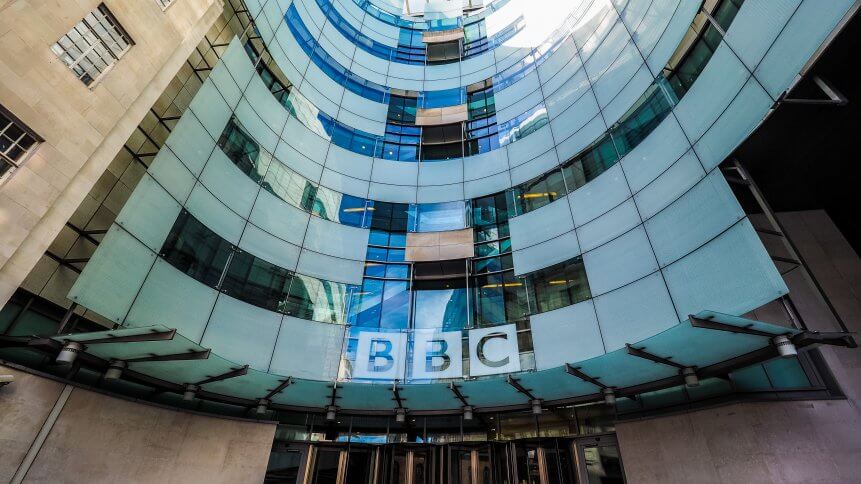BBC voice assistant to transform its media experience

‘Beeb’ is the name and word to activate BBC’s newest technology venture; a voice assistant built into BBC’s website and iPlayer app, with plans to launch next year.
Beeb distinguishes itself from its US counterparts such as Alexa and Google Assistant for its ability to recognize regional accents across the UK. The corporation is testing voice technology with data input from staff members all over the country, taking no chances to capture the diverse accents of the UK.
At the moment, the software is developed to integrate with in-house platforms and does not come in a physical form like Amazon’s Echo Speaker or a Google Home device. However, the software will be available in the market for manufacturers interested to use it.
Why ‘Beeb’ when there’s Alexa and Google Assistant?
The motivation behind the creation of Beeb is to allow audiences to interact with BBC’s services and programs with more autonomy.
Hints of Google’s monopolization towards podcast services are a concern brought up by the corporation. Elaborated in BBC’s blog, Google was observed to only direct users to its own podcast app without offering access through other apps.
More importantly, user’s voice engagement with Beeb, such as a search for specific podcasts or requests for content, will be stored as data by BBC which the corporation couldn’t before access due to restrictions by third-party services.
To elaborate, the corporation ran its radio station on a popular radio app called TuneIn, operated by Amazon’s Alexa, but had stopped since BBC was not given access to information of its audience.
This is perhaps the major motivation for BBC to transfer its audience from accessing its content from third party services to an in-built platform. Here, BBC can gather user data to understand the audience’s needs and interests; eventually, turning collected data into valuable insights into the development of future programs and improving user experience.
“We also want to make our programs and services as good as they can possibly be— this means us getting hold of meaningful audience data. This helps us do a number of things; make more types of programs we know people like, make our services even more personalized and relevant to people using them, and equally importantly, identify gaps in our commissioning to ensure we’re making something for all audiences,” said Kieran Clifton, Director of BBC Distribution and Business Development.
YOU MIGHT LIKE

Uber Works launches as platform for gig economy jobs
The cost of personalization
Besides being a search tool, the development of Beeb is aimed to provide the ultimate user experience for BBC audience. To illustrate, Beeb will be stored with radio archives of BBC and will be able to present relevant audio clips to users based on preferences and interests indicated in searchers. The aim is to create a personalized experience for users and make it easier for them to find content of interest.
The creation of Beeb and the impact it will have on the distribution of BBC’s content is an indicator of changes in the media industry but also the way people consume media.
Engagement with the audience lies beyond the content of the podcast itself, instead, it is about understanding the habits of listeners. Predictive analytics and big data are becoming tools employed by content creators and producers.
The development of such technological tools in media also alters the way audience consume media; for example, with a constant stream of content available, exploring new content or finding similar content becomes easier, while the advent of ‘binge-watching’ (or binge-listening) as a result, means traditional programming formulas are becoming less relevant.
Based on recent findings by Ofcom, 7.1 million people in the UK tune into podcasts each week. The high volume of listeners shows BBC’s investment in developing an in-house assistant is a practical strategy to attract new listeners and retain the current audience.
Even so, users may be concerned as to what extent their indication of interest towards a topic or genre of the podcast is protected, and if it may be taken advantage of by commercial vendors, outside of the UK, intending to sell.









